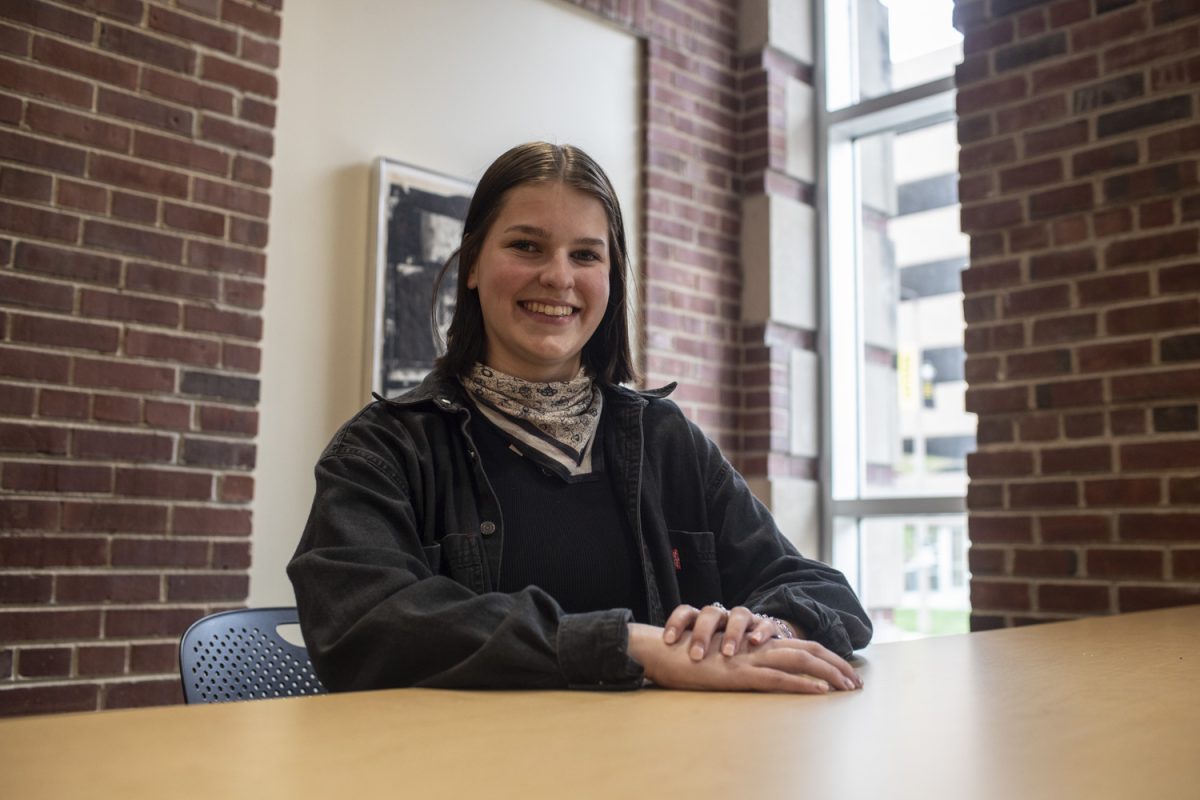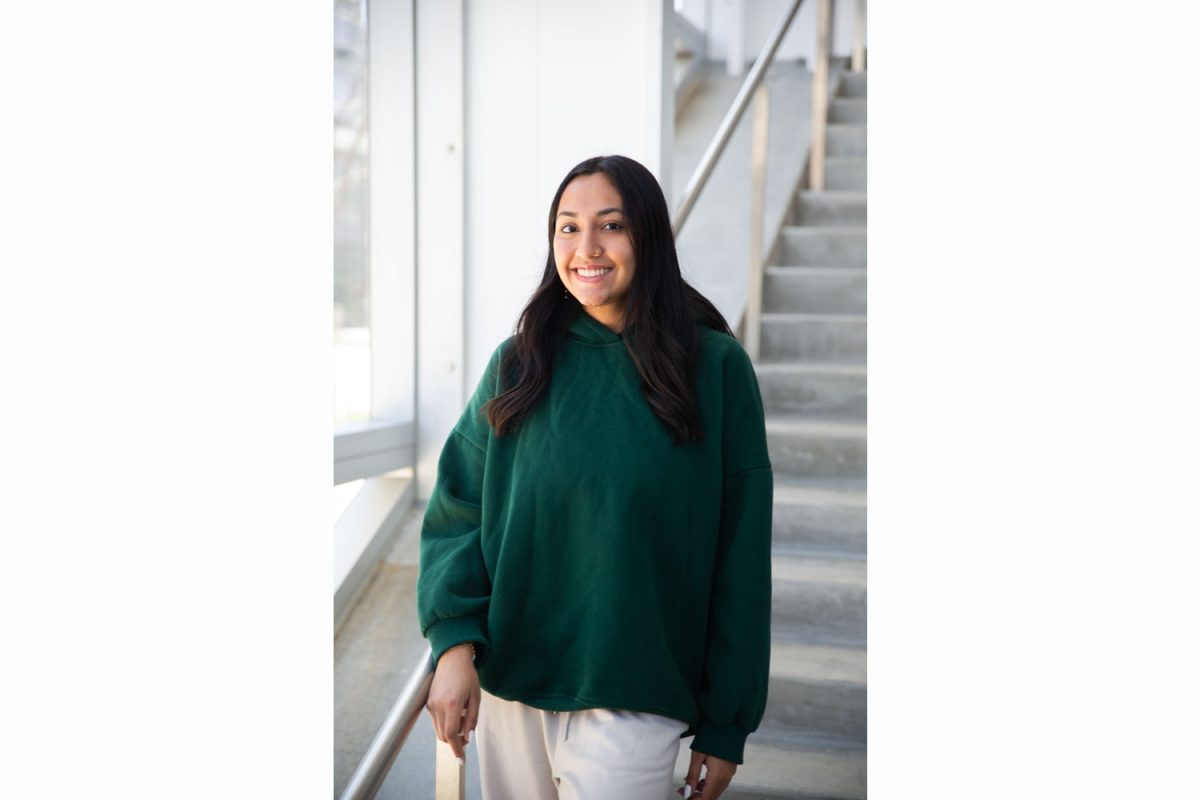A little bit of splattered paint on raw canvas is thought of as a good thing. Art is not about the finished product, but about the verb to create.
This weekend, artists from all corners of Iowa City in the arts will meet to collaborate with unfinished works at the first year of the Works-in-Progress Festival.
The idea for the festival initially came from Richard Wiebe, a graduate student at the UI and codirector of the Works-in-Progress, said Andrew Peterson, also a UI graduate student and a codirector of the festival.
“We were just sitting and eating sandwiches in one of Iowa City’s many wonderful restaurants,” Peterson said.
During that lunch, conversations revolved around festivals the codirectors were interested in seeing, and both were in agreement on an event exhibiting unfinished work. Because both codirectors are a part of the cinema and comparative literature department, the original thought was to have a festival based solely on unfinished works of film.
This thought branched out to include all media for the purpose of breaking down barriers between the division of the arts, melding film, poetry, plays, painting, intermedia works, and more.
“A fundamental question is, ‘When is a piece truly finished?’ ” Peterson said. “The foundation of the [festival] is questioning when a work is considered done. We are hoping that it could be like an exhibition of the creative process rather than of a created object.”
The festival also serves to erase the distinction between professionals and amateurs. Some 30 local artists have entered work, ranging in ages from adolescence to seniors.
A large component of the festival is an open dialogue among artists. Part of this discussion will include a panel of four artists in different areas to give their opinions on how pieces should be completed. Having a discussion among artists unlikely to work together is something Wiebe is looking forward to.
“If you don’t have a common vocabulary, you approach the work from a naïve perspective, but that naïveté is often times more insightful than someone who is working in your area,” he said.
Many of the participating artists are excited about the collective opinions to be passed on their works. In addition to feedback from artists, the general public will have a chance to offer input as well.
“Critiques are the best part about being [at the festival],” said Evan Meaney, a multimedia artist.
UI graduate student Hannah Frank is enthusiastic about audience participation in the process of completing a work. She has collaborated with Jacob Blecher, a political-science graduate student at the University of Chicago, to create an animated film titled Ornithology.
“I hope people bring ideas I would have never thought of,” Frank said.
Three visiting artists will also be featured in the Works-in-Progress festival’s three-day itinerary to present their unfinished work.
Orlando White, a poet and candidate for the 2008 Pushcart Prize, will present an unfinished poem along with selections from his newly published book, Bone Light.
Michael Gitlin, a documentary filmmaker, will screen a film essay capturing the nature of science and the tools one uses to construct a model of the world. His work has appeared in venues such as the Toronto International Film Festival.
Luke Fischbeck of Lucky Dragons, an intermedia art collective, will also be present. His work is based in electro-acoustic audiovisual environments that seek audience participation to complete his pieces.
“[The festival] lets the [public] see what’s inside the mind of the artist,” said Benjamin Chait of Chait Galleries Downtown.
The Works-in-Progress festival is a “pretty cool” event, he said. To him, this allows the public to see that art can be evolutionary and end up different from what the artist had intended.
The organizers expect the artwork in the Works-in-Progress Festival to have limitless possibilities. This boundlessness is meant to instigate creativity in the eye of the artist as well as the audience.
“Being placed in the middle of this hyperactivity of all of these different artists who are trying to make things that are beautiful,” Wiebe said, “I think that is inspiring.”






